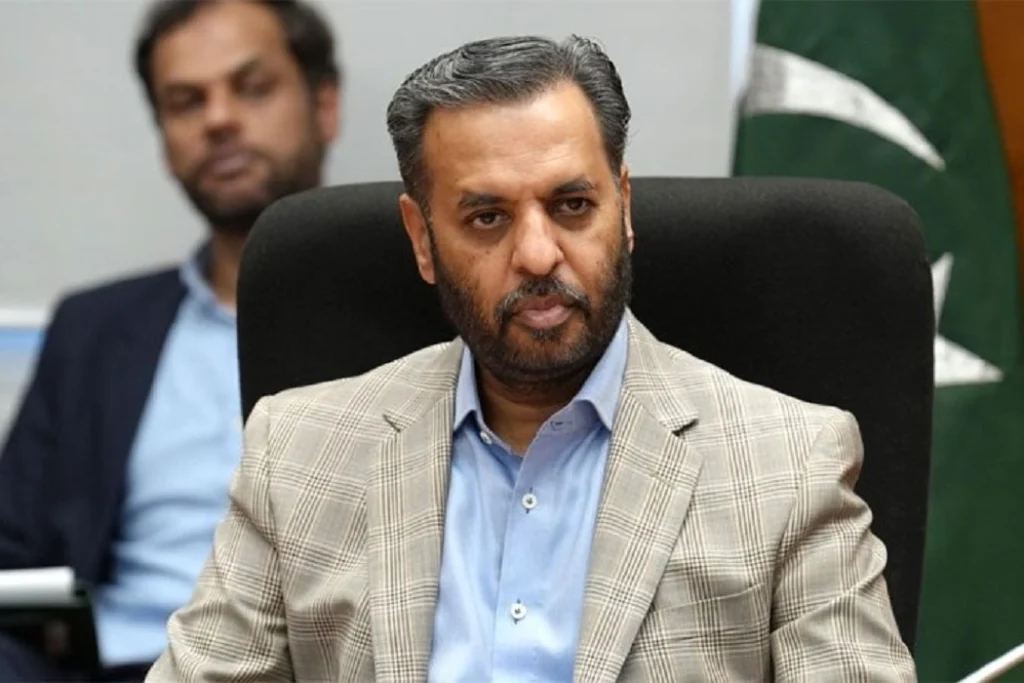Federal Health Minister Syed Mustafa Kamal has launched a bold agenda for major reforms in Pakistan’s healthcare system, reaffirming the government’s unwavering commitment to enhancing access, quality, and efficiency in medical services. During a high‑level meeting at the Drug Regulatory Authority of Pakistan (DRAP) in Islamabad, the minister outlined a clear vision to modernize regulatory frameworks, strengthen pharmaceutical exports, and build a citizen‑focused institution.
The centerpiece of this initiative is the digitization of DRAP’s regulatory operations, particularly for medical devices. Mustafa Kamal announced the transition to an online system for registration and licensing of medical equipment. This move promises greater transparency, faster approval times, and a shift away from cumbersome paper‑based processes. He emphasized that no compromise will be made on the quality of medicines or the health of Pakistani citizens.
Rather than just streamlining operations, the minister highlighted Pakistan’s pharmaceutical and medical device sector as a major economic growth opportunity. Efforts are underway to enhance export promotion, helping local manufacturers penetrate global markets. By aligning regulations with international standards, Pakistan can strengthen its presence abroad while ensuring domestic access to safe, reliable health products.
Under Mustafa Kamal’s leadership, DRAP is being restructured into a modern, efficient, transparent, and citizen‑centric institution. He underscored the institution’s responsibility to ensure timely access to quality and safe medicines for everyone, while simultaneously fostering innovation within the healthcare industry.
Building on earlier initiatives with federal and provincial partners, the health ministry is expanding telemedicine services, leveraging technology to reach underserved communities. Additionally, plans are underway to integrate medical record systems with national identity databases, ensuring better patient tracking, continuity of care, and data-driven health management.
The minister also acknowledged the pressing need to strengthen primary healthcare infrastructure from expanding basic health units to decentralizing services, reducing the load on tertiary hospitals, and addressing underlying public health challenges such as contaminated water and preventable diseases.
Looking ahead, Mustafa Kamal stated that this reform agenda will unfold through a phased roadmap, prioritizing institutional restructuring, capacity-building for staff, public‑private partnerships, and strategic collaborations with international health bodies. The goal: to evolve Pakistan’s health sector into a resilient, inclusive, and globally competitive ecosystem by 2030.



Comments (0)
No comments yet. Be the first to comment!
Leave a Comment